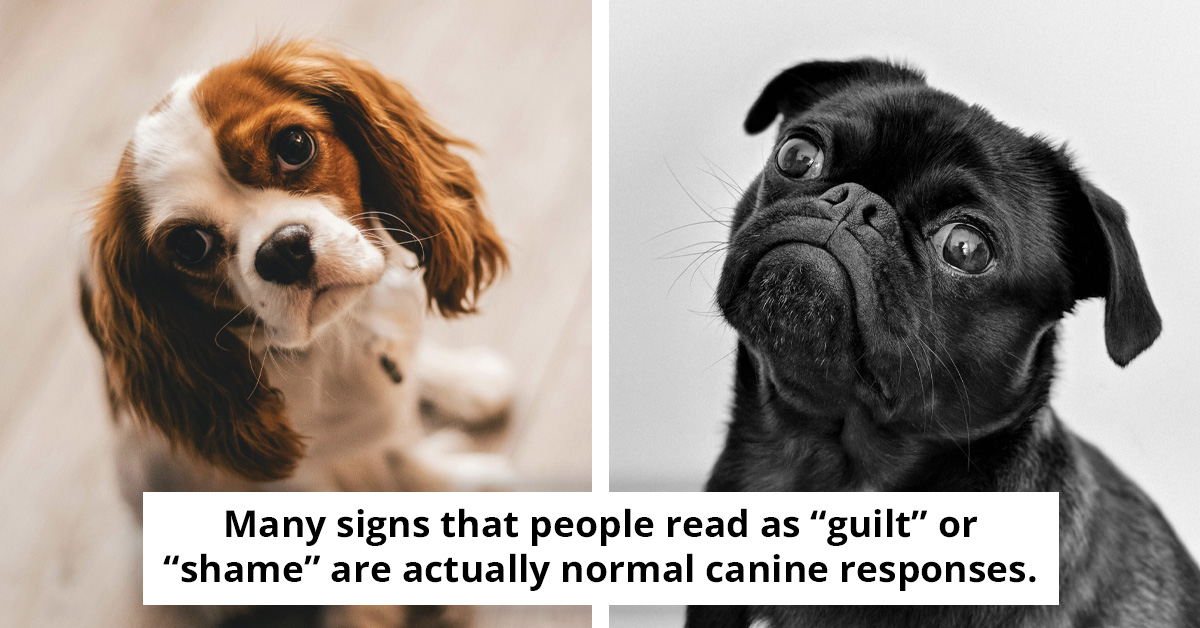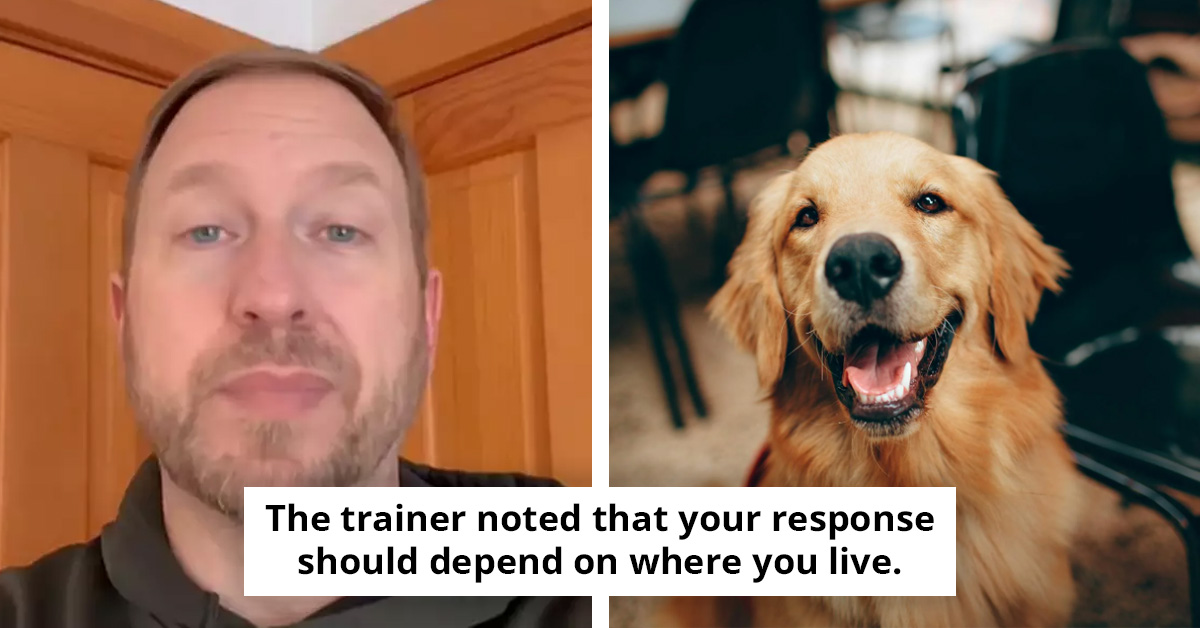People Are Discussing The Proper Way Of Handling Your Ex's Belongings And Pets After They Move Out
Break-ups are grueling to experience. Sometimes they're awkward, most times they're heartbreaking.
There would be constant reminders that you have to move on from. If you've lived with the other person, it would be more of a hassle settling the return of their things.
In every breakup, there are unspoken rules. This includes trying to figure out how to get rid of the stuff they left with you.
A Redditor who narrated her problem in a r/AITA post asked people if she would be TA if she continued with her decision. OP went through a breakup with someone she was with for years and now her ex had a new partner.
Her ex left all of their belongings and dog in her house, which she didn't mind at first. She would hold onto their things until they could get a storage unit and keep the dog for a while.
After some time, OP reminded them about their stuff and they sent a friend over to retrieve one load. They told OP that they would still get more but their storage unit is full.
OP decided to move the things to the basement after they skirted the idea of her holding on to the stuff for a while for a fee. But OP's friends and family suggested she give it to charity instead since it's been so long.
OP thinks her ex doesn't have anything important that she has. Will she be TA if she chooses to follow her family's advice?
Should OP follow her family and friends' advice?

There was a breakup as it is, OP didn't want to have a fight on top of it
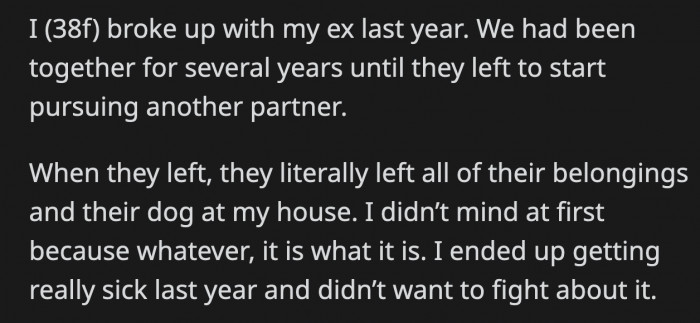
There was a difference of how big OP's place is compared to the new partner's

The Emotional Impact of Breakups
Dr. Emily Foster, a clinical psychologist at the University of Pennsylvania, emphasizes that breakups often trigger intense emotional responses due to attachment theory.
Her research indicates that when people separate from loved ones, they experience distress similar to grief, caused by the disruption of emotional bonds.
This situation becomes particularly complex when shared responsibilities, like pets, are involved, as they can intensify feelings of loss and abandonment.
Navigating Emotional Attachment
Understanding the emotional attachment people have to their ex's belongings and pets can be complex. Psychological research indicates that objects often carry sentimental value, serving as reminders of relationships and shared experiences. As Dr. Sarah Thompson, a psychologist at the University of Michigan, notes, this attachment can lead to significant emotional distress when those items are removed or abandoned. Such feelings are often linked to unresolved grief or loss, making it essential for individuals to process these emotions effectively.
Moreover, the presence of a pet can symbolize companionship and unconditional love, making the decision to handle their belongings especially challenging. Studies show that pets can significantly impact our emotional well-being, often serving as a source of comfort during transitions.
A little info from OP

She informed her ex that they still had to pick up their stuff
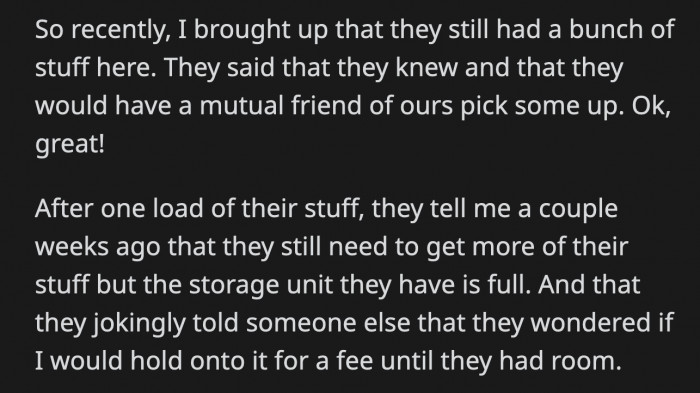
OP needed to redecorate so she moved her ex's stuff to her basement

From a behavioral perspective, individuals often exhibit possessive behaviors towards their ex-partner's belongings as a way to maintain a connection or control over the situation.
Studies show that this can lead to prolonged emotional suffering, preventing both parties from moving on effectively.
When discussing how to manage an ex's belongings, it's important to consider the psychological implications of closure. Research published in the Journal of Social and Personal Relationships emphasizes the importance of closure in moving on from relationships. Closure allows individuals to make sense of their experiences and can facilitate emotional healing. Therefore, returning belongings in a meaningful way, possibly with a conversation, can help both parties find closure.
Then OP's friends and family made a suggestion
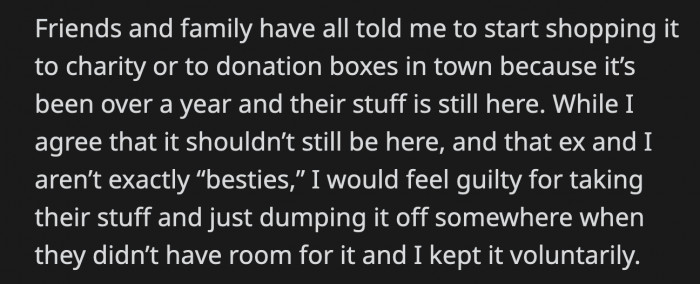
She thinks that it might be okay and it looks like there aren't things in her basement that are important to the ex

OP could do what she’s thinking but it would be better if she gave a notice first

Navigating Shared Responsibilities
When it comes to pets, Dr. Sarah Chen from UC Berkeley notes that they symbolize companionship and unconditional love, making their custody a sensitive issue.
Her research highlights that pets often fulfill emotional needs, and their separation can exacerbate feelings of loneliness.
It's essential for individuals to establish clear, compassionate guidelines for pet care after a breakup to mitigate these emotional challenges.
The Role of Responsibility
Another layer to this discussion is the concept of responsibility, especially concerning pets. Behavioral psychologists suggest that individuals often feel a moral obligation to care for animals, which can complicate decisions about their custody post-breakup. The attachment theory, as outlined by Dr. John Bowlby, highlights how our early relationships shape our connections to others, including pets. This means that for many, relinquishing a pet feels like a personal failure.
To address these feelings, it may be beneficial to engage in open communication with the ex-partner about responsibilities and expectations. This could involve creating a co-parenting plan for the pet, which aligns with findings that structured agreements can reduce conflict and promote well-being for all involved.
Make it formal with specific details so everything’s official and there’s less misunderstanding

Giving them a chance to get their things within a specified time limit will help confirm if they actually still need them

If OP needs any ideas on how to get on with the letter, this can help her get started
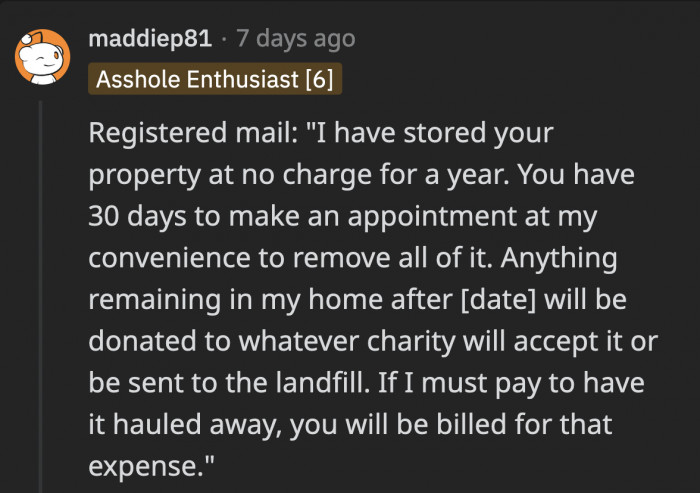
Practical solutions involve open communication about feelings and expectations post-breakup, which can facilitate healthier resolutions.
Experts suggest utilizing mediation or counseling services to navigate these discussions, ensuring both parties feel heard and respected.
Moreover, the emotional toll of managing an ex's belongings can be alleviated through self-care practices. Research indicates that engaging in activities like mindfulness meditation can significantly reduce stress and improve emotional regulation. By implementing self-care strategies, individuals can approach the situation with a clearer mindset, facilitating healthier decisions about handling the belongings and the pet.
The laws may vary per location and if OP’s ex would take the offer, she should be there to supervise
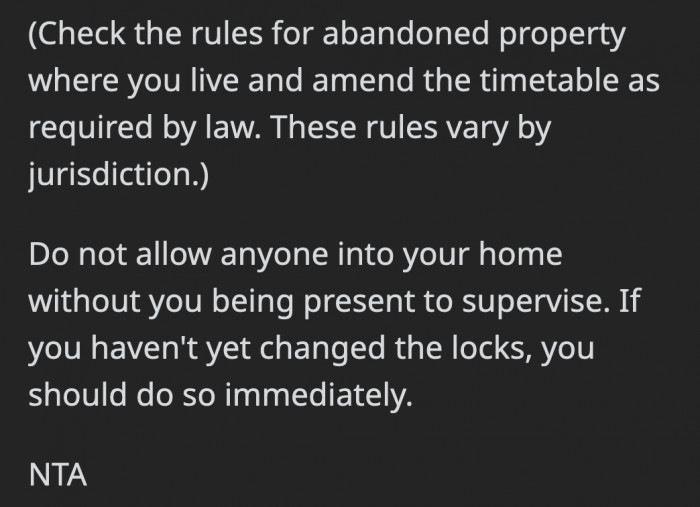
OP shared that she already drew boundaries previously when her ex brought her new partner to her house
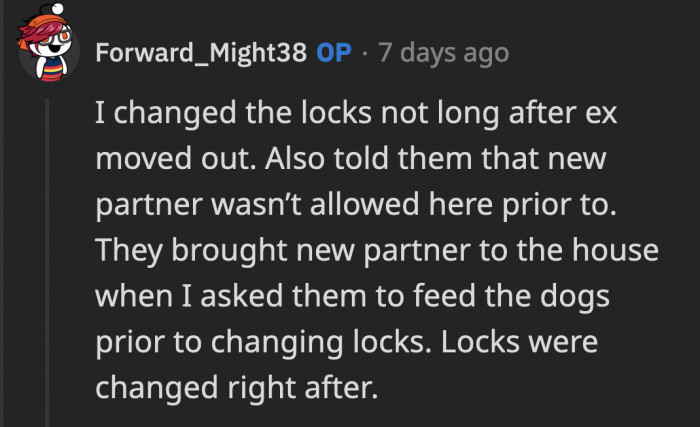
Someone experienced the same thing and already did what the other Redditors suggested, it worked.

Understanding Attachment Styles
Attachment styles play a crucial role in how individuals manage relationships and their aftermath.
Research published in the Journal of Personality and Social Psychology indicates that anxious attachment styles may lead to heightened distress over shared belongings or pets.
This can manifest as possessiveness or reluctance to let go, complicating the emotional healing process.
Understanding Reactions to Loss
It's also crucial to recognize that reactions to losing possessions or pets can vary widely among individuals. According to research from the University of California, Berkeley, loss can trigger a range of emotions, including anger, sadness, and confusion. These feelings are natural and indicate the depth of the attachment to the items or the pet. Understanding these emotional responses can help individuals process their experiences in a healthier manner.
Moreover, seeking support from friends or professionals can provide an additional outlet for exploring these feelings. Engaging in therapy can help individuals navigate their emotional landscape, allowing them to cope with loss more effectively and move toward healing.
Time to grow up

The only person OP is being mean to, is herself by letting this go on for a long time

More than the belongings, the dog being left was also discussed

Education on healthy detachment strategies is vital for individuals experiencing such situations.
Experts recommend engaging in self-care practices, such as journaling or therapy, to process emotions and foster personal growth during this challenging time.
Finally, it's important to recognize the societal norms surrounding pets and belongings after a breakup. Many people may feel societal pressure to act a certain way, which can exacerbate their emotional responses. Research shows that societal expectations can significantly impact individual behavior and feelings of guilt or obligation. By acknowledging these pressures, individuals can better navigate their emotions and make decisions that align with their values instead of external expectations.
OP provided unfortunate information about the dog

Redditors think OP was gracious enough to hold on to her ex’s things for that long. It was something not many imagined themselves being able to do.
But if she went on to donate the things to charity without informing the ex first then she might turn from WNBTA to TA. It would rely on her looking into laws about property abandonment and following through getting rid of the things if ever her ex decides not to pick them up.
Psychological Analysis
This scenario highlights the intricate emotional landscape that often accompanies relationship endings. Individuals may experience conflicting feelings of responsibility, attachment, and guilt, making it vital to process these emotions constructively. Acknowledging these feelings can pave the way for healthier decision-making regarding their ex's belongings and pets.
Analysis generated by AI
Analysis & Alternative Approaches
Mental health professionals recognize that managing an ex's belongings and pets can evoke a wide array of emotions rooted in attachment and responsibility. Understanding the psychological processes involved can aid in navigating this difficult transition. By fostering open communication and engaging in self-care practices, individuals can find a path toward closure and emotional clarity.
Analysis & Alternative Approaches
Ultimately, navigating the aftermath of a breakup requires emotional intelligence and understanding of one's psychological needs.
Research consistently supports that fostering healthy coping mechanisms can lead to more adaptive behaviors and healing.
By recognizing the emotional weight of shared responsibilities, individuals can approach these situations with empathy and clarity.
